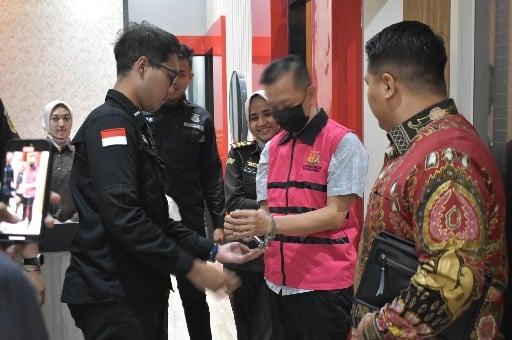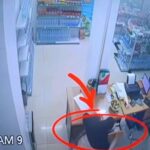A new corruption case has emerged in the financing sector. The Tanjung Perak District Attorney’s Office has officially detained MK, Commissioner of PT DJA, in connection with alleged corruption of a working capital financing facility for coal trading, which caused state losses reaching IDR 7.9 billion.
The detention was carried out after investigators examined 13 witnesses and obtained strong evidence in accordance with the provisions of Article 184 paragraph (1) of the Criminal Procedure Code (KUHAP). Based on the investigation results, MK was named a suspect and immediately detained at the East Java detention center.
The detention was carried out after the suspect underwent a health examination. This step is important for the investigation.
This case began in December 2011 when MK, who at the time served as a Limited Partner of CV DJ, applied for a working capital financing facility of IDR 30 billion to a state-owned bank. The submitted loan collateral included six land and building assets, fictitious business receivables worth IDR 21 billion, and two personal guarantees.
However, during the credit application process, AF, the bank’s Account Officer (AO), was allegedly involved by creating a fictitious report and analysis to approve the request. Under AF’s direction, MK then established PT DJA to be able to apply for corporate financing again without re-analysis.
On March 30, 2012, a financing agreement for IDR 27.5 billion was signed. Shortly after, MK disbursed the funds using fictitious contracts and invoices from a buyer. Ironically, the funds were not used for coal trading but were diverted to cover his personal debts.
When the payment was due, MK repeatedly requested delays with the support of fictitious analysis from AF. Eventually, in January 2014, PT DJA was categorized as a non-performing loan with collectibility rating 5 (Coll 5) and was eventually written off by the bank.
Liquidation of the six pledged land and building collaterals was also insufficient to cover the losses. The state suffered losses of up to IDR 7.9 billion.
For their actions, MK and AF are charged under Article 2 Paragraph (1) in conjunction with Article 18 of the Anti-Corruption Law in conjunction with Article 55 Paragraph (1) point 1 of the Criminal Code, or Article 3 Paragraph (1) in conjunction with Article 18 of the Anti-Corruption Law in conjunction with Article 55 Paragraph (1) point 1 of the Criminal Code.
As part of the legal process, investigators have received IDR 1.5 billion in entrusted funds from suspect MK. The money has now been seized as evidence in accordance with the provisions of Article 39 of the Criminal Procedure Code (KUHAP) for proof in court.





